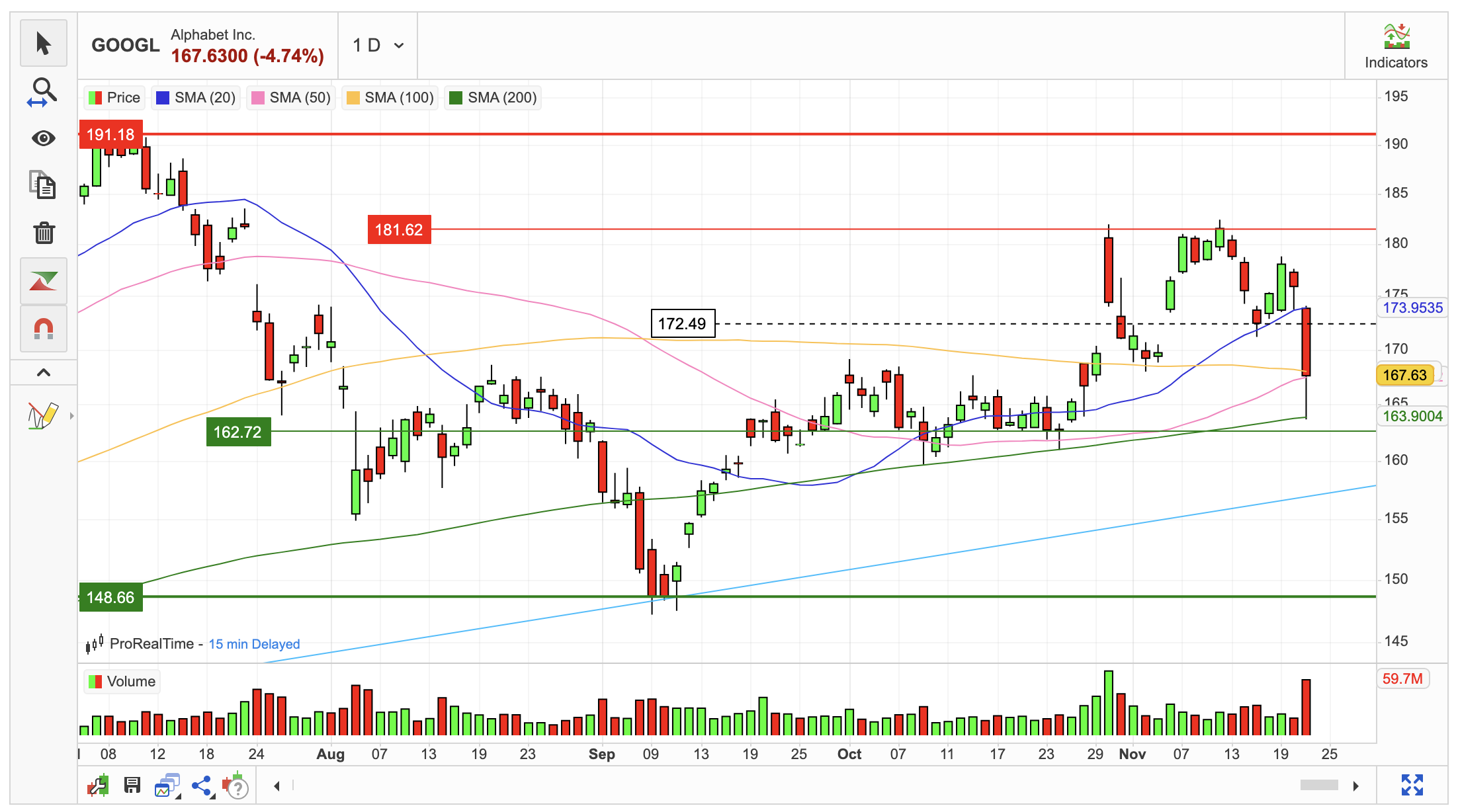Google Scrutiny: A Turning Point In Big Tech Regulation
- This topic has 0 replies, 1 voice, and was last updated 11 months ago by .
-
Topic
-
Google, a cornerstone of the tech industry, finds itself under intense scrutiny as the US Department of Justice (DoJ) presses for significant structural changes to its operations.
Central to the controversy is the DoJ’s call for Google to divest its Chrome browser, and potentially even its Android operating system, in the wake of a court ruling that deemed the company’s search engine practices monopolistic.
This landmark decision marks a pivotal moment in the ongoing efforts to regulate Big Tech, with far-reaching implications for Google’s business model and its future innovation, particularly in artificial intelligence (AI).
The Implications Of Forced Divestiture
A forced sale of Chrome or Android would strike at the heart of Google’s interconnected ecosystem.
Chrome, with its dominant position in the browser market, serves as a crucial conduit for Google’s search and advertising businesses, which are central to the company’s revenue.
Similarly, Android underpins the majority of global smartphone operations, further reinforcing Google’s influence across digital platforms.
Divesting these assets could not only reduce Google’s ability to collect and monetise user data but also disrupt the seamless integration that has long been a competitive advantage for the company.
For users, this could mean significant changes in how they experience the internet.
A less integrated Google ecosystem might lead to greater competition and innovation in browsers and operating systems, potentially opening the door for smaller players to gain market share.
However, such disruption could also introduce fragmentation, as developers and users adapt to a less centralised digital environment.
The Court Ruling & Its Wider Repercussions
The court’s ruling against Google’s search monopoly has broad implications beyond the immediate call for divestiture.
It challenges Google’s longstanding practice of bundling its search engine with Chrome and Android, which has been a key strategy for maintaining its dominance in online search.
This decision sets a precedent that could embolden regulators in other jurisdictions to take similar actions against Google or other tech giants, amplifying the global pressure on the industry.
For Google, this comes at a particularly sensitive time as it doubles down on AI development. The company has positioned its AI capabilities, such as those in Google Search, Gemini, and Android, as central to its future growth.
A breakup could complicate these plans, as it may limit the integration of AI across its platforms, potentially giving competitors an edge in the race to dominate the AI space.
A Broader Shift In Big Tech Regulation
This unfolding scenario reflects a broader shift in the regulatory landscape for technology companies.
Governments worldwide are increasingly seeking to rein in the power of Big Tech, addressing concerns about monopolistic practices, data privacy, and market fairness.
Google’s case could become a litmus test for how far regulators are willing to go to reshape the industry.
While Google has vowed to appeal the ruling, the company faces a prolonged battle that could reshape not only its business but also the broader tech ecosystem.
Whether the DoJ’s efforts lead to greater competition and innovation or create unforeseen complications, this moment signals that the era of relatively unchecked Big Tech dominance may be nearing its end.
For investors, policymakers, and users alike, the stakes couldn’t be higher, as the outcome will likely influence the future of digital markets and innovation.
